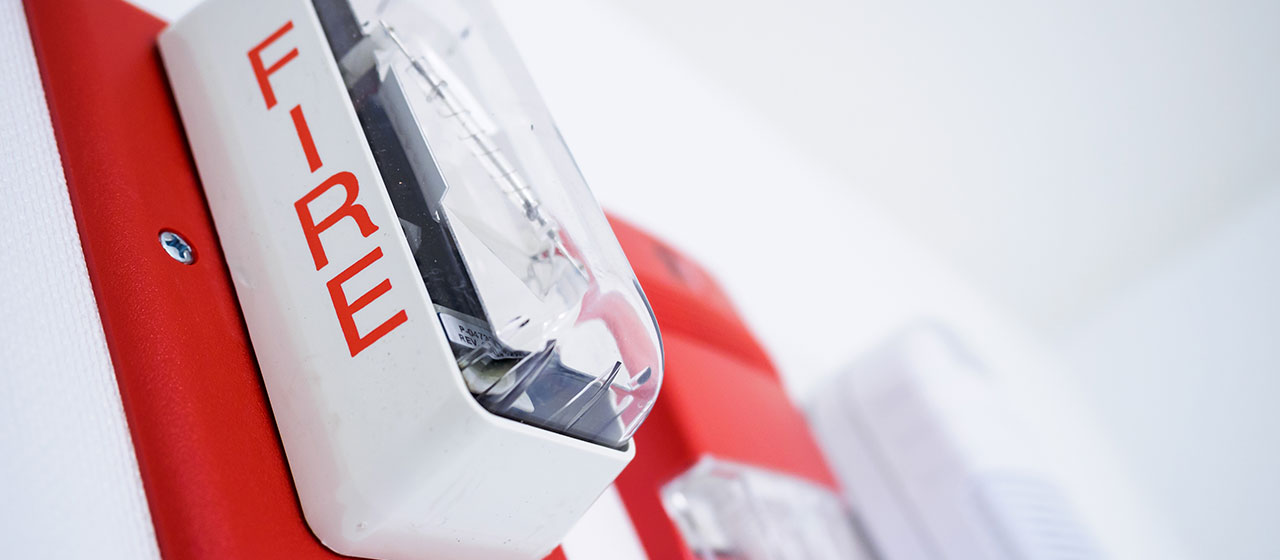5 Factors Affecting The Cost Of Commercial Fire Alarm Systems

In today’s business world, safety is key. It is important to have a solid plan to protect lives and assets in any commercial establishment. A vital part of this strategy is including a commercial fire alarm system. Fire threats are serious and require a reliable and efficient fire detection system. Installing a good fire alarm system is important, even though it can be expensive. It is necessary to understand the different factors that affect its cost. Let’s explore factors that impact the commercial fire alarm system cost to helps businesses make informed decisions when investing in fire safety.
Categorizing Commercial Fire Alarm Systems
The cost of a fire alarm system depends on the type of system you choose. The market offers different types of systems for various needs – basic conventional systems, specialized addressable systems, flexible wireless systems, and comprehensive hybrid systems. Conventional systems, although cheaper, may not have all the features and accuracy of newer, more advanced ones. Addressable systems are great at finding exactly where a fire is, but they can be quite expensive to install. Wireless systems offer flexibility by eliminating the need for complicated cables. However, using wireless devices and signal enhancers may incur additional expenses. Hybrid systems are a combination of different systems. The cost of these systems depends on the components chosen.
Extent of the System Coverage
Determining the price of a commercial fire alarm system is dependent on the coverage area it encompasses. Your system’s size depends on the area of your commercial premises, the number of levels, the layout, and safety considerations related to your operations. The cost of the alarm system increases with the size of the commercial premises. Moreover, adding more components like manual call points or detectors designed for specific risks will raise the total setup cost.
Cost of System Installation and Labor
Installing a fire alarm system can be labor-intensive, leading to higher costs. Professional fire alarm installation companies, electricians, and other contractors may charge for the deployment of the system. Labor costs can vary greatly due to different factors. These factors include the location, the skills of the labor crew, and the complexity of the system being installed. It is recommended to hire certified professionals for correct installation and compliance with fire safety standards instead of opting for self-installation to save costs.
Recurring Maintenance and Inspection Expenses
Once a commercial fire alarm system is installed, there are ongoing expenses for maintenance and inspections. Regular system checks and maintenance help the system work well and meet regulations. The frequency and costs of these checks depend on the type of system, its complexity, and the regulations for your industry or location. It is crucial to allocate a suitable budget for recurring expenses to ensure the efficient and reliable operation of the fire alarm system in your commercial property.
Impact of the Manufacturer and System Quality on Cost
The make and quality of the fire alarm system components also affect costs. Reputable manufacturers often have systems that perform better, last longer, and operate reliably. However, such systems usually come with a higher price tag. They usually save money in the long run by preventing system problems and disruptions. Opting for a better system can lead to reduced maintenance expenses. This is because high-quality components need less frequent servicing.
